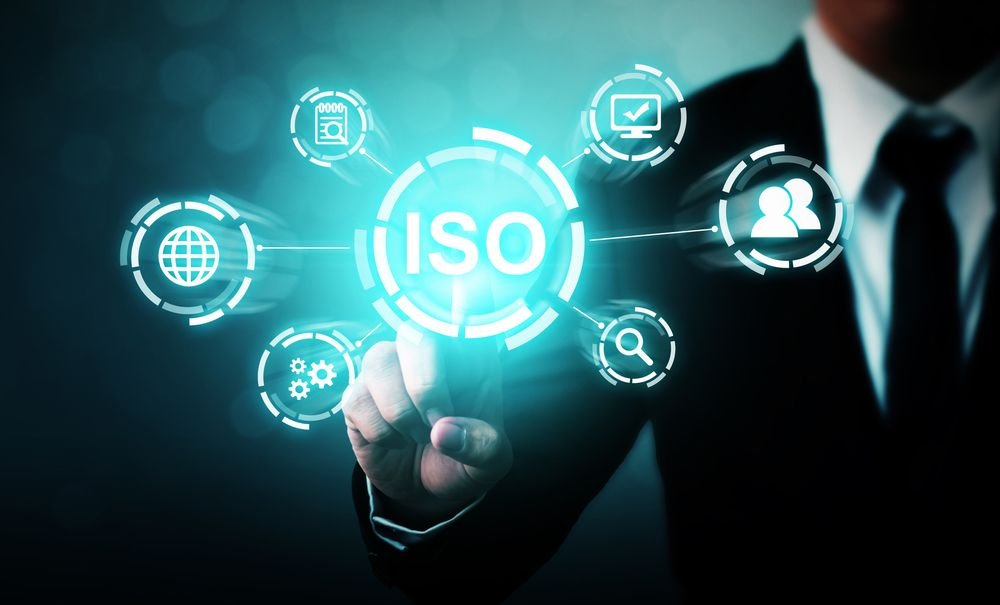Επιχειρήσεις Τροφίμων

Επιχειρήσεις Τροφίμων
Η ασφάλεια των παραγόμενων προϊόντων στις Επιχειρήσεις Τροφίμων αναφέρεται σε όλους εκείνους τους κινδύνους, που μπορεί να κάνουν τα τρόφιμα επιβλαβή για την υγεία του καταναλωτή.
Με την εμπειρία και την εξειδίκευση του προσωπικού του, το Central Certification διασφαλίζει ότι οι πελάτες του αποκτούν την απαραίτητη γνώση και τα εργαλεία για τη συνεχή βελτίωση της ποιότητας και της ασφάλειας των διαδικασιών τους.
Ενημερωθείτε για το Σύστημα Διαχείρισης Ασφάλειας Τροφίμων που θα καλύψει τις ανάγκες της επιχείρησης σας:
- HACCP: Codex Alimentarius
- ISO 22000: Σύστημα Διαχείρισης Ασφάλειας Τροφίμων
- FSSC 22000: Food Safety System Certification 22000
- IFS: International Food Standard
- BRC: Food Technical Standard
- HALAL | KOSHER
